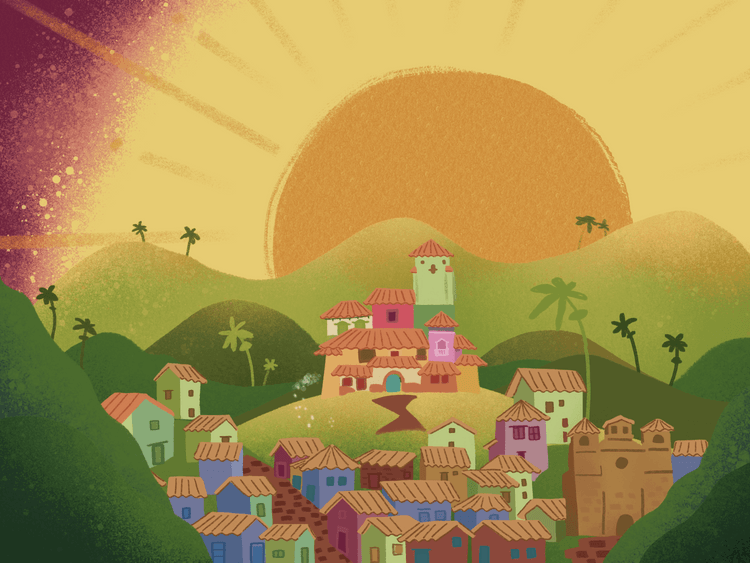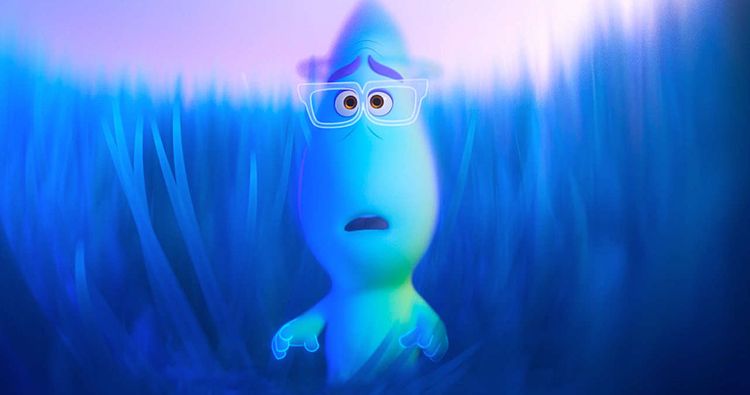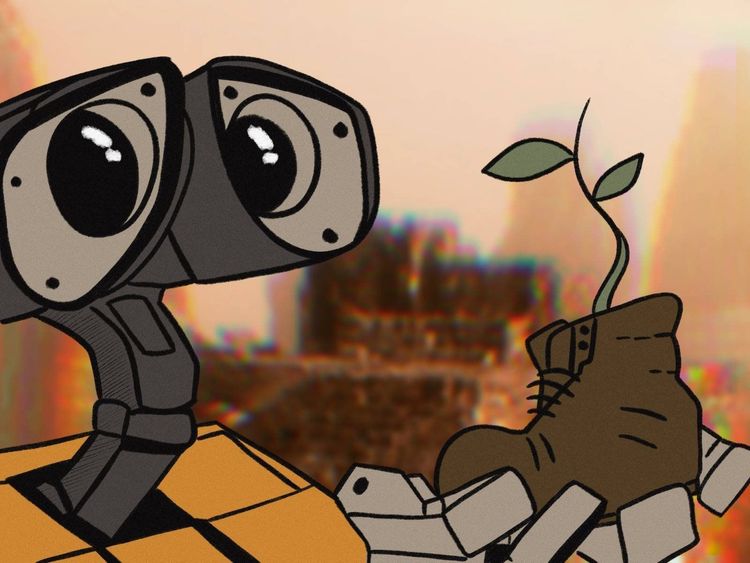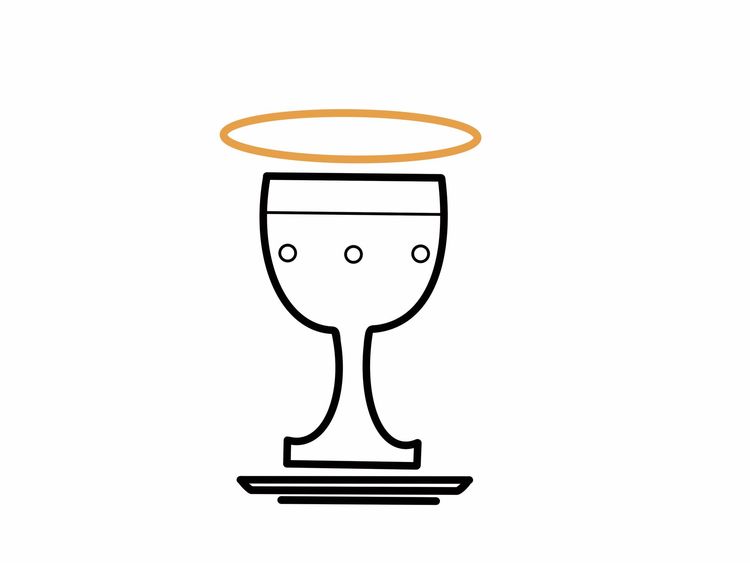Finding Myself in the Stacks

An Ode to Personal Libraries
Many of us have been spending more time at home than we ever imagined. I’ve enjoyed it, personally. Particularly the quiet welcome of my book corner. Of course, the frenzied cackle of my children blasting through the door is a feature of lockdown. But sitting in my library more has reminded me of its formative power. The books and shelves shape me, and my world is embedded in their pages.
I have a symbiotic relationship with my library. Over the years, I’ve collected the volumes and meticulously arranged them according to author, jacket colour or genre. The space is my creation. Yet despite being inanimate, the library whispers to me every day. Pick up a book. This haven is the work of my hands, and yet it works on me, moulding my desires daily.
This effect was unexpected. Psychologists might describe it in terms of cues and habits, but I prefer to think of it in terms of aesthetics and desire. The library ambience spurs my love of books. I see a similar phenomenon in my son. He builds one LEGO airplane and, enjoying all its colour and innovative (questionable) construction, sets out to build another for his collection.
The shaping power of my little library goes beyond the suggestion to bury myself in Dostoevsky. The library is my life history collected across volumes; these are the ideas and stories that have formed me. Like the Oxford scholar Alister McGrath, I find myself “reconstructing my own intellectual journey” as I peruse the shelves.
My eyes fall on Neil Postman’s Amusing Ourselves to Death, reminding me when I began to take how I use technology seriously. Down the shelf I see A Brief History of Thought by Luc Ferry and I recall the idea that philosophy is really a quest for salvation.
The stories on the shelves evoke even stronger images. From Camus to J.K Rowling, I have seen so many worlds and adventures, and I have brought pieces of each one back to reality. The mere sight of a Redwall paperback’s glimmering spine carries me to a feast of scones and strawberry cordial, chuckling at the garbled speech of moles in the shelter of a sandstone abbey.
And this is what we love about writers. As McGrath says, they have “seen something which others have missed, and [they] enable us to grasp and appreciate this new way of seeing things in and through their writings.” I gaze into their worlds, and this enlarges me.
The process continues into the present. I see who I am today. Books on medicine are tucked between religion and culture. They are a commentary on my present concerns as a physician and medical humanities scholar.
These books even paint a picture of the world beyond me. The range of works are an intricate weave that comprise the very fabric of reality. Life cannot be reduced to a single discipline. To take one example, Rabbi Jonathan Sacks has memorably said, “Science takes things apart to see how they work. Religion puts things together to see what they mean.” The books remind me that I live in a world in which a plethora of perspectives can speak truth. I place pediatric journals alongside reflections on suffering. They need each other.
Finally, my library helps me see who I am becoming. Many volumes remain unread. But they suggest where I am going. Like overhead signs on the highway, I can only anticipate where my library will take me next. Reviewing the shelves, the exits I have passed and the miles I have already journeyed, I am reassured. I look forward to my next book.





Member discussion